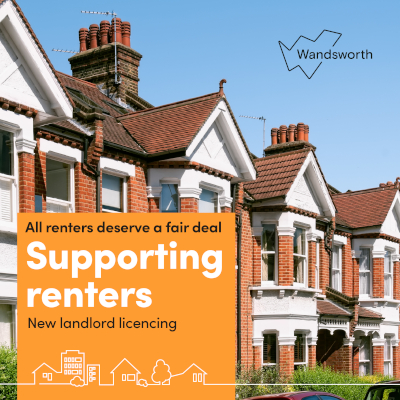Eviction rights and process
If you have been served with a notice to leave your home by your landlord you may have legal rights to remain for an extended period of time after the notice has expired, but this does depend on the type of agreement you have with your landlord.
You can check the type of tenancy you have using the Shelter tenancy checker. Written tenancy agreements are not always reflective of the tenancy rights you have, so it is important that you use the tenancy checker to be clear.
You are a tenant if:
- You are the only person with a right to enter the room or property you are renting and can prevent others from entering it; and
- You are required to pay rent for your room or property; and
- You have a right to remain in the property for a set period of time, e.g. you are required to pay your rent at regular intervals.
You will normally be issued with an assured shorthold tenancy (this is the most common tenancy used in the private rented sector).
Assured Shorthold Tenancy Eviction process
Your landlord can evict you either:
- During your fixed term agreement only if you have breached your tenant responsibilities. You will be served with a Section 8 notice and the case will be heard in court.
Or
- At the end of your fixed term agreement and you landlord must follow a three step process:
- Serve you with a valid 2 month notice – this is called a Section 21 Notice
- If you remain in the property after the expiry of the Section 21 notice your landlord needs to apply to the Court for an Order for Possession
- If you remain in the property after the expiry of the Order for Possession your landlord needs to apply for a Bailiff Warrant or High Court Writ of Possession to evict you.
You are within your rights to remain in the property until the Bailiff Warrant or Writ is enforced.
See more information on the eviction process for assured shorthold tenants (GOV.UK)
Rights of lodgers, licensees and subtenants
Lodgers, licensees and subtenants won’t have the same amount of legal protection from eviction as a tenant. You will normally fall into this category if you live:
- With your landlord
- With family
- In Halls of Residence
- In a hostel
- In housing that was provided as part of your job
You can check the type of tenancy you have using the Shelter tenancy checker. Written tenancy agreements are not always reflective of the tenancy rights you have, so it is important that you use the tenancy checker to be clear.
Landlords only need to give reasonable verbal notice. Check your agreement with your landlord if you have one. Your landlord will have to give you the amount of notice stated in this agreement. If there is no time limit mentioned then you are only entitled to a reasonable time to leave the property (usually the frequency of your rent payments i.e. if you pay your rent weekly you will be given a weeks’ notice).
Illegal evictions
If a landlord doesn't follow certain rules to evict you, it could count as an illegal eviction. This includes changing the locks when you are out to prevent you from re-entering, or not giving you the correct notice to vacate your home and forcing you to leave.
If an illegal eviction has left you homeless today you should contact us on 0208 871 6840.
We may be able to:
- Check your legal rights and help you get back into your home
- Provide you with housing options advice
- Prosecute your landlord
